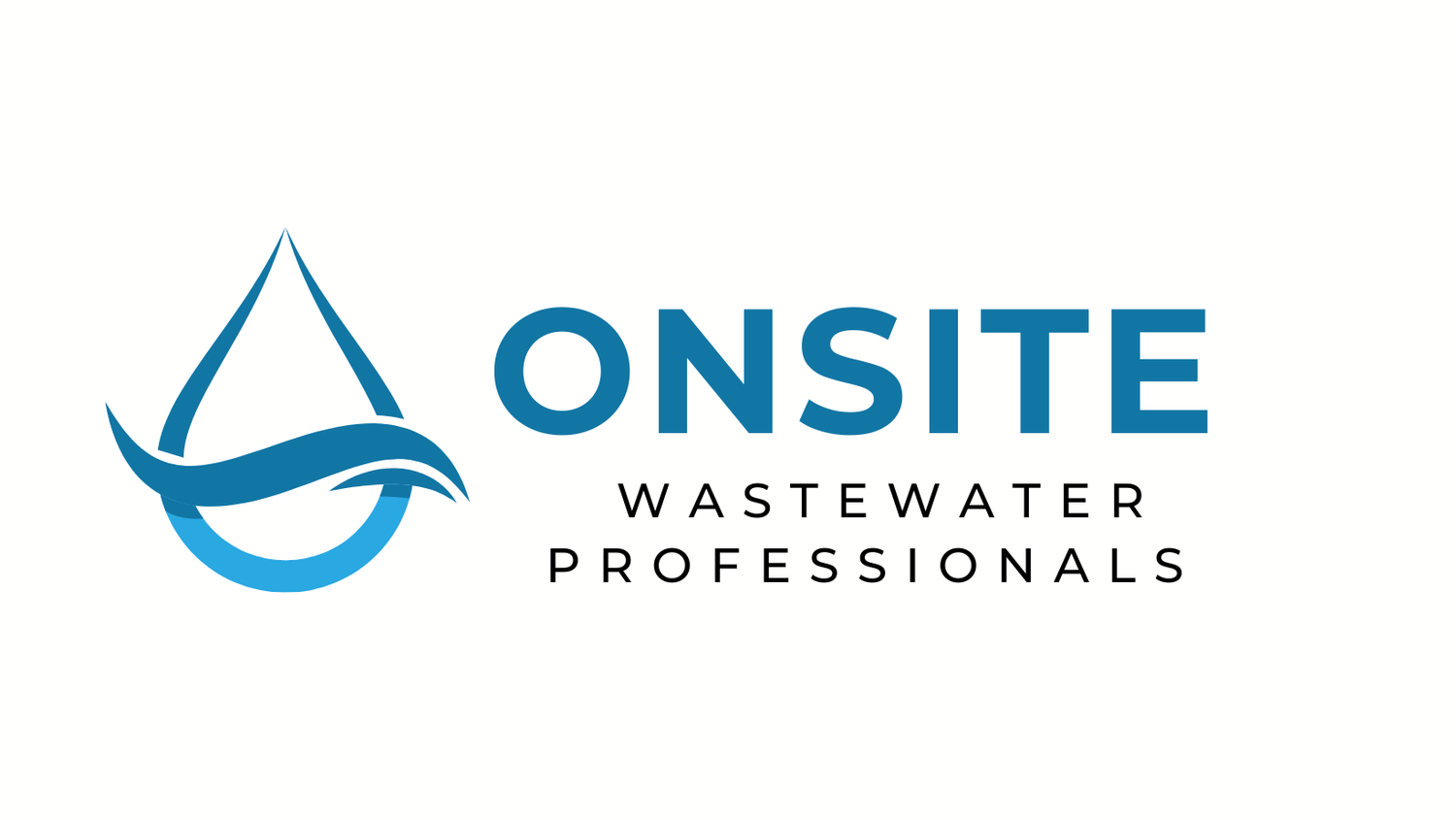Exploring Certifications in the Septic Industry in North Carolina
The septic industry in North Carolina is a vital sector that ensures the safe and effective treatment of wastewater in areas not connected to municipal sewage systems. Professionals in this field require specialized knowledge and skills, which are recognized through various certifications. Here’s a comprehensive look at the different certifications available in the septic industry in North Carolina.
1. Septic Installer
A Septic Installer is responsible for the hands-on work of installing septic systems according to plans drafted by soil scientists, engineers, designers, and environmental health specialists. Installers play a crucial role in bringing these plans to life, ensuring that systems are constructed properly and function effectively. While not all levels of certification for installers in North Carolina require passing an exam, higher levels of certification do demand this to ensure a higher standard of competency. The certification process involves completing a training program approved by the North Carolina On-Site Wastewater Contractors and Inspectors Certification Board (NCOWCICB). Certified installers must be familiar with state regulations, system design, and installation best practices to ensure that the septic systems they install are safe, efficient, and compliant with all relevant standards.
2. Septic Inspector
Septic Inspectors in North Carolina play a critical role in the real estate market, ensuring that septic systems are functioning properly and meeting regulatory standards during property transactions. The septic inspection program is designed for professionals who inspect systems when properties are being bought, sold, or refinanced. To become a certified septic inspector, individuals must complete an approved training program and pass an examination administered by the North Carolina On-Site Wastewater Contractors and Inspectors Certification Board (NCOWCICB). Certified inspectors assess the condition of existing septic systems, identify any potential issues, and ensure compliance with state regulations, thereby protecting both buyers and sellers in real estate transactions.
3. Subsurface Operator
A Subsurface Operator certification is required for individuals responsible for operating and maintaining more advanced subsurface wastewater systems. The certification process involves completing specific training courses and passing an exam conducted by the North Carolina Water Pollution Control System Operators Certification Commission (NCWPCSOCC). This certification ensures operators have the necessary knowledge to manage the systems effectively and comply with environmental standards.
4. Authorized Onsite Wastewater Evaluator (AOWE)
The Authorized Onsite Wastewater Evaluator (AOWE) certification is designed for Licensed Soil Scientists who evaluate and design onsite wastewater systems. To obtain this certification, individuals must complete an extensive training program, which includes coursework In rules, regulations, and system design, followed by a certification exam. AOWEs are authorized to perform site evaluations and system designs that comply with state regulations.
5. Professional Engineer (PE)
Professional Engineers (PEs) in the septic industry are responsible for designing and overseeing the construction of complex septic systems. To become a PE, individuals must earn an engineering degree from an accredited program, pass the Fundamentals of Engineering (FE) exam, gain relevant work experience, and pass the Principles and Practice of Engineering (PE) exam. PEs bring a high level of technical expertise to the septic industry, ensuring systems are designed and constructed to meet stringent safety and environmental standards.
6. Registered Environmental Health Specialist (REHS)
Registered Environmental Health Specialists (REHS) focus on protecting public health through the management of environmental health programs, including those related to onsite wastewater systems. To become an REHS in North Carolina, individuals must hold a relevant bachelor's degree, complete a specified period of supervised work experience, and pass the REHS exam. REHS professionals are crucial in overseeing compliance with health regulations and conducting inspections of septic systems.
7. Licensed Soil Scientist (LSS)
Licensed Soil Scientists (LSS) provide critical expertise in soil evaluation, which is essential for the design and installation of septic systems. To become licensed in North Carolina, soil scientists must have a degree in soil science or a related field, complete a certain amount of work experience, and pass a licensing exam. LSS professionals assess soil properties and suitability for septic systems, helping to ensure proper system function and environmental protection.
8. Pumper (Septage Management Firm)
A Pumper certification, required for firms managing septage (waste from septic tanks), ensures that septage is safely transported and disposed of. To become certified, individuals must complete a training program approved by the North Carolina Division of Waste Management and pass a certification exam. Certified pumpers must adhere to strict regulations regarding the handling, transportation, and disposal of septage to protect public health and the environment.
Conclusion
The septic industry in North Carolina offers a range of certifications to ensure professionals are well-trained and qualified to manage onsite wastewater systems safely and effectively. Each certification addresses a specific aspect of the industry, from installation and inspection to system evaluation and environmental health. By obtaining these certifications, professionals demonstrate their commitment to maintaining high standards of practice and protecting public health and the environment.

